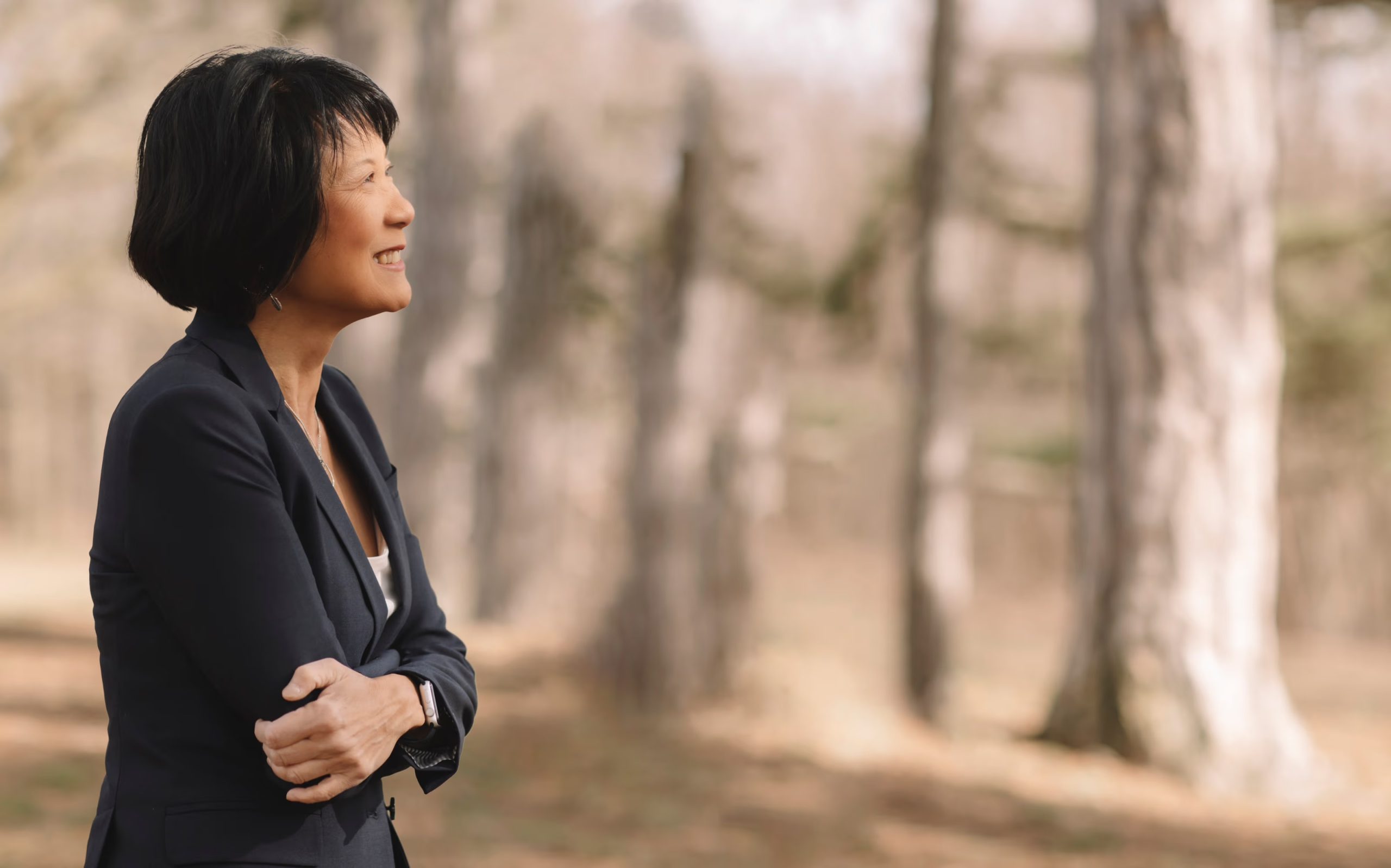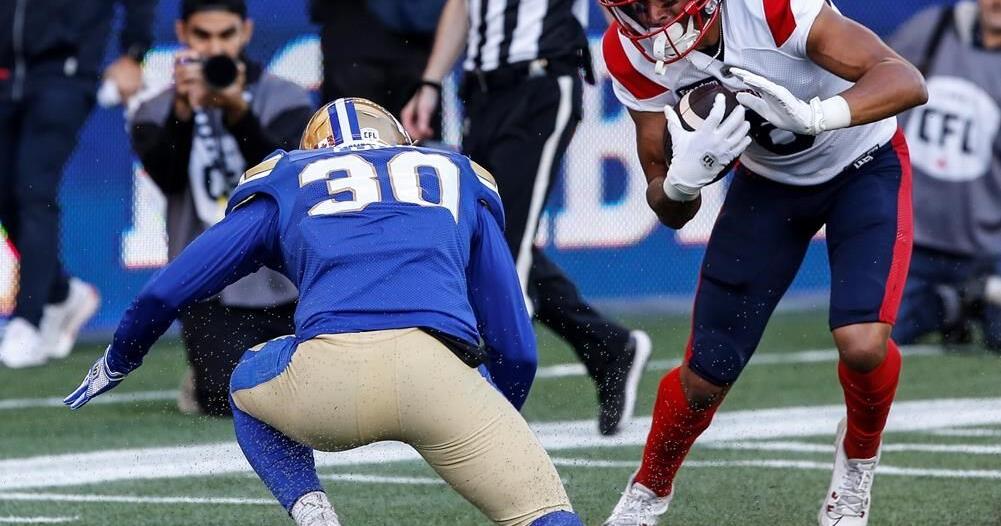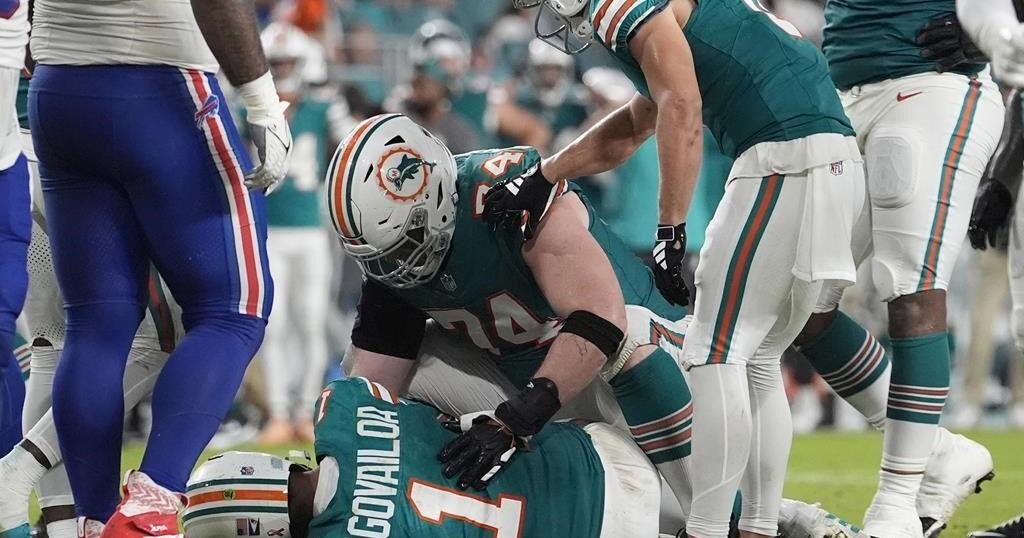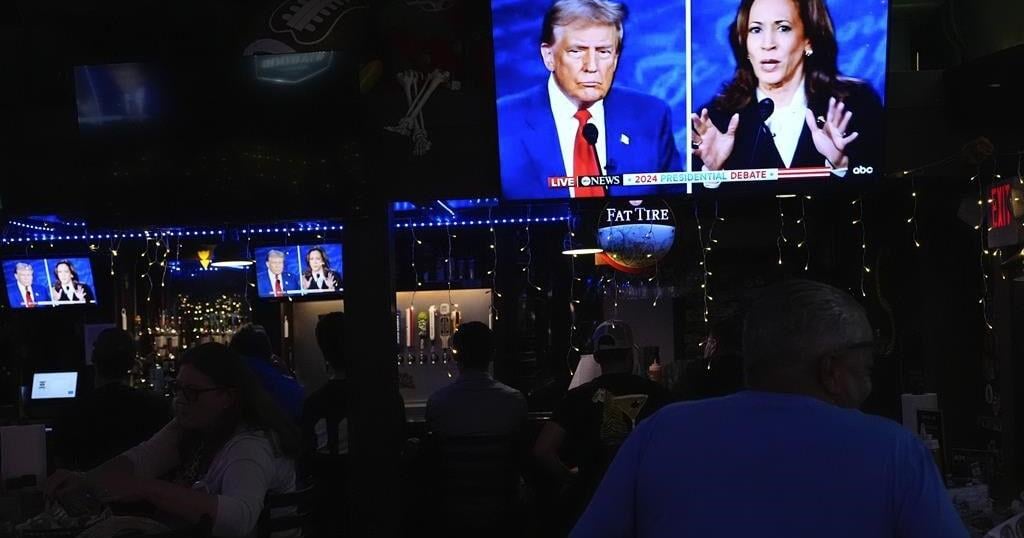“There is no such thing as not voting: you either vote by voting, or you vote by staying home and tacitly doubling the value of some Diehard’s vote.” ― David Foster Wallace, Consider the Lobster and Other Essays.
Despite a field of 102 Toronto mayoral candidates, last night’s election was a two-candidate battle—proving the need for rank-balloting—between Ana Bailão and Olivia Chow. Chow narrowly won.
Statistics from yesterday’s Toronto mayoral election:
- Number of eligible voters: 1.89 million
- Number of voters who voted: 724,638
- Voter participation rate: 38.34%
- Winner (number of votes, percentage of votes, in brackets): Olivia Chow (269,372, 37.17%)
- 2nd place: Ana Bailão (235,175, 32.45%)
- 3rd place: Mark Saunders (62,167, 8.58%)
- 4th place: Anthony Furey (35,899, 4.95%)
- 5th place: Josh Matlow (35,572, 4.91%)
Chow being elected as Toronto’s 66th mayor was no surprise to those following the polls; however, Bailaó’s performance was.
As Toronto’s mayor Chow takes on some significant “big city” issues—a $1 billion deficit, a crumbling transit system, growing homelessness, sporadic violent crime, and the increasing housing affordability challenge.
Despite 102 candidates vying to become Toronto’s next mayor, only Olivia Chow read the room correctly, which is an innate ability needed to succeed in politics. Chow knew, better than any of her opponents, this was a change election for Toronto.
Besides reading the room correctly, none of Chow’s opponents offered convincing arguments for why they would be a better mayor than Chow, whose polling from day one made it clear she was the candidate to beat.
Also in Chow’s favour was Toronto’s current electoral system of first-past-the-post (FPTP) voting, where the candidate with the most votes wins. Ranked-choice voting would have significantly changed the outcome of this election; especially given that an overwhelming majority of Torontonians voted for conservative and moderate candidates.
Vanity candidates, fringe candidates, and candidates seeking their 15 minutes of fame, who combined received less than 10% of the votes cast, dominated the field of candidates.
Chow ran a textbook campaign.
Chow’s campaign was reminiscent of the Turkish saying: The dogs bark, but the caravan moves on.
Love her or hate her, it cannot be said Chow did not run a class act campaign, which is not surprising given her years of political experience. In contrast to other candidates, she did not engage in political attacks, ignored her haters and distractors, and was strategic in her appearances and endorsements.
While her opponents created a circus-like frenzy, attacking Chow without explaining why they were better options, Chow walked her campaign path almost Zen-like. As much as her opponents and haters brought up her having lived with her late husband, Jack Layton, in Toronto Community Housing or made unsubstantiated claims that Chow has ties to the Chinese Communist Party and is a CCP asset or warned that Chow will raise property taxes through the roof, it was all ignored by her and her supporters.
Each candidate had one job: Introduce themselves to Torontonians and provide compelling reasons why they were the most qualified to be the mayor of North America’s 4th most populous city. However, Chow’s opponents spent most of their time and energy attacking her instead of explaining how they were qualified to be Toronto’s mayor.
Had the Three Right-leaning Forerunnering Candidates United…
Chow’s less-than-runaway victory was undoubtedly due to the egos of right-leaning candidates Ana Bailão, Anthony Furey and Mark Saunders. Their egos prevented them from adopting a political strategy that would have kept “a conservative” in city hall, of uniting behind one candidate; hence they split the vote and gave Chow her win. Had Furey and Saunders dropped out before advance polls and endorsed Bailão, yesterday’s election results would have been quite different.
On the other hand, Chow immediately united progressives and the left. (Josh Matlow’s campaign literally evaporated once Chow filed her nomination papers.)
What I find fascinating, especially from a strategic perspective, is how Chow did not make promises—she did not even provide a costed-out platform as Mitzie Hunter and Josh Matlow did. Chow connected with voters by telling stories… her stories. Chow’s political acumen enabled her to read the room and identify that voters had heard enough of politicians’ “promise numbers.” Voters now wanted a mayor who understood their immigrant struggles (In 2021, 46.6% of Toronto’s population were immigrants.), represents Toronto’s diversity, and is politically experienced enough to navigate Doug Ford’s government for the city’s benefit.
While Chow’s campaign methodology was an undeniable success, the downside of her storytelling campaign is that no one knows, other than her closest advisors and confidants, exactly what she has planned for Torontonians for the next three years.
The promise of higher taxes is no longer a candidate’s death knell.
I believe this election was a referendum on Toronto’s two most recent conservative mayors’ fiscal austerity. Toronto has gotten to such a state where many residents, whether rightly or wrongly, believe low taxes—in comparison to municipalities across Ontario—is why Toronto’s infrastructures and social services have become inadequate.
Once upon a time, candidates for political office would not even think of suggesting tax increases, let alone promise them outright, as Chow did throughout her campaign, without mentioning how much. The divisiveness between the ‘haves’ and ‘have nots’ left-leaning politicians have created has made increasing taxes something the have-nots want to hear and see… “Tax the rich!”
Paying more taxes, as “your moral obligation,” to help the greater good is how left-leaning politicians sell higher taxes to those with the financial privilege to pay more taxes. Voting for a candidate who openly states they will raise property taxes, which will be passed on to renters (Landlords will not absorb tax increases.), indicates being financially privileged or believing that other people’s money can create your utopia.
Inevitably, higher property taxes will make owning a home or renting an apartment in Toronto more costly. Holistically, Torontonians have yet to reach their breaking point regarding Toronto being affordable and where they begin embracing austerity measures. Toronto still has a way to go before becoming as expensive as North American cities such as New York City, San Francisco, Vancouver, or Seattle. (Economic pressures beyond the mayor’s control—no need to increase property taxes—will eventually make Toronto just as expensive as these cities and many others worldwide.)
Affordable Housing Was This Election’s Number One Issue
The law of supply and demand dictates that a product’s availability impacts its price. When it comes to real estate and housing, this is especially true.
More than rising crime (as a city population grows, inevitably, the number of crimes will increase) and unreliable public transit, affordable housing is the top-of-mind issue for Toronto residents. As I write this, per the Rentals.ca June 2023 Rent Report, the average rent for a 1-bedroom apartment in Toronto is $2,538, up 17.5% from last year.
The pace of people moving into Toronto far outpaces how rapidly housing can be built. Not even Chow can build housing fast enough. (Chow says she is going to build affordable housing “fast.” However, she did not give any specifics because she has not figured it out yet.) According to a Toronto Star article three years ago, The population of the Toronto area will hit 8 million in the next 10 years. People are literally pouring into Toronto!
Canada has raised immigration targets. (Canada plans to accept up to 505,000 new permanent residents by 2023, 542,000 by 2024, and up to 550,000 by 2025.) With most newcomers settling in Toronto, Vancouver, or Montreal, Toronto’s housing shortage will undoubtedly worsen.
How many housing units can be constructed in a year? Which of these numbers looks realistic? 5,000? 7,000? 10,000? 15,000?
Toronto is at a crossroads of either its residents acknowledge the fact that living in Toronto—a choice one makes—means accepting housing costs “are what they are,” just as residents do in any major city, or Torontonians continue kidding themselves that affordable housing can be built fast enough so one day supply and demand are in sync meanwhile complain about how expensive it is to rent or buy in Toronto.
Suggested reading: If you build it, they can come, by Toronto mayoral candidate Sarah Climenhaga.
If the affordability to rent and own in Toronto is not really a concern, which I presume is the case since Chow promised to hike taxes, although by how much is unknown, what does keep Torontonians up at night?
The city’s direction.
Once considered an affordable, model city, Toronto headed into this election facing the same problems as all big cities. Chow’s victory, even though it is mainly the result of the top three right-leaning candidates splitting the votes, does represent a shift that many Torontonians—albeit not the majority, as Chow only received 37% of the votes cast—are now willing to see how Toronto will look and feel like under progressive policies that emphasize social justice, addressing homelessness and climate change.
If there is such a thing as “motivational science,” then logically, considering 62% of eligible voters did not turn out to vote, knowing Chow was leading in all polls the entire election and was likely to win, one could conclude Torontonians were okay with Chow being their mayor. In other words, 62% of eligible voters were not motivated enough to vote against Chow.
Over the next three years, no one can predict how Toronto’s story will play out or what it will look and feel like with Chow as the heroine. Depending on how the “Toronto Story” unfolds from now until the next election in 2026, Torontonians may finally learn that elections have consequences.
________________________________________________________________
Nick Kossovan, a self-described connoisseur of human psychology, writes about what’s on his mind from Toronto. You can follow Nick on Twitter and Instagram @NKossovan
Related
































